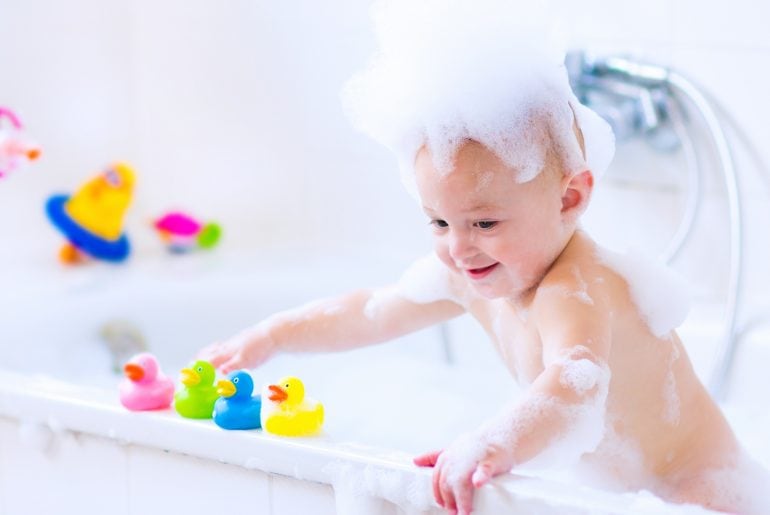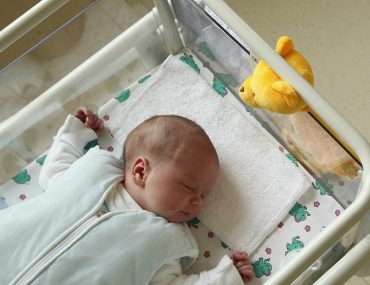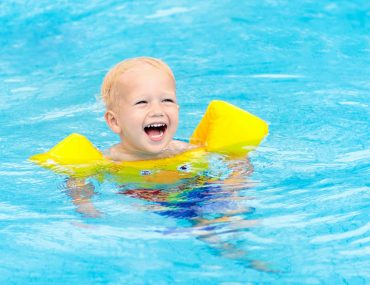In an article in U.S. News and World Report magazine, they went over some of the research that has been done regarding babies and bath time. It has long been advised on baby advice websites and baby care books by the thousands that baby bath time is not only for getting baby clean but also a wonderful time for bonding with the baby. This research bears that out by asking a number of baby health questions and studying their adorable subjects.
Related : All About Baby Bathing: Benefits of a Sponge Bath for Baby
The Survey Shows
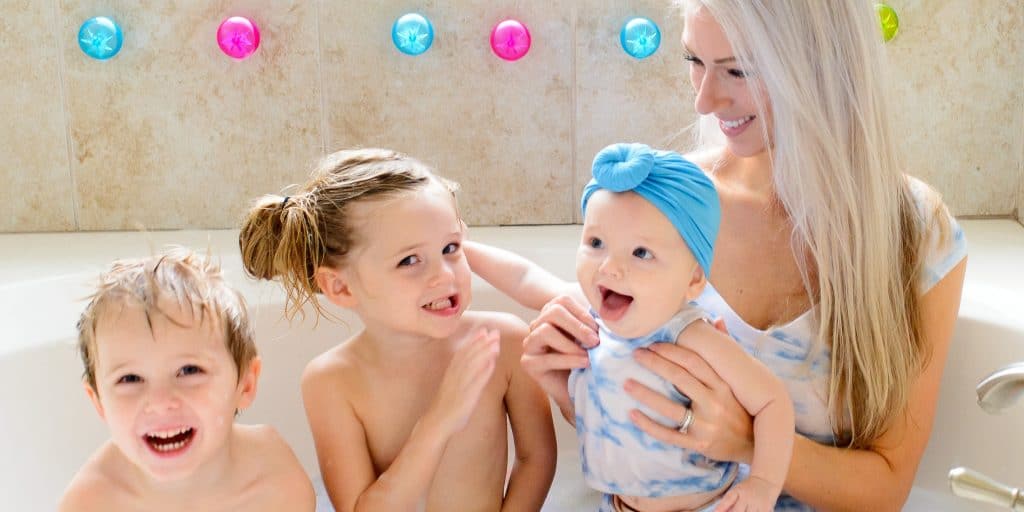
In a study conducted by the well-known baby product maker, Johnson & Johnson, 84% of 3,500 parents were asked baby health questions and agreed that the time they spend bathing their children is the best quality time they have with them.
One of the biggest reasons for that these days is that everyone is attached (often literally) at the hip to their cell phones. In Johnson & Johnson’s study, they learned that giving the children a bath was one of the few times parents were willing to leave their cell phones. Sixty-four percent of the parents reported that they rarely or never use their cell phones during bath time. This is compared to cell phone use of 50% while readying the kids for bed, and a sad 46% who abandoned their phone for ‘cuddle time.’
Related : Advice on having a baby: What to do if baby hates the bath
More Than Just Touchy-Feely Enjoyment
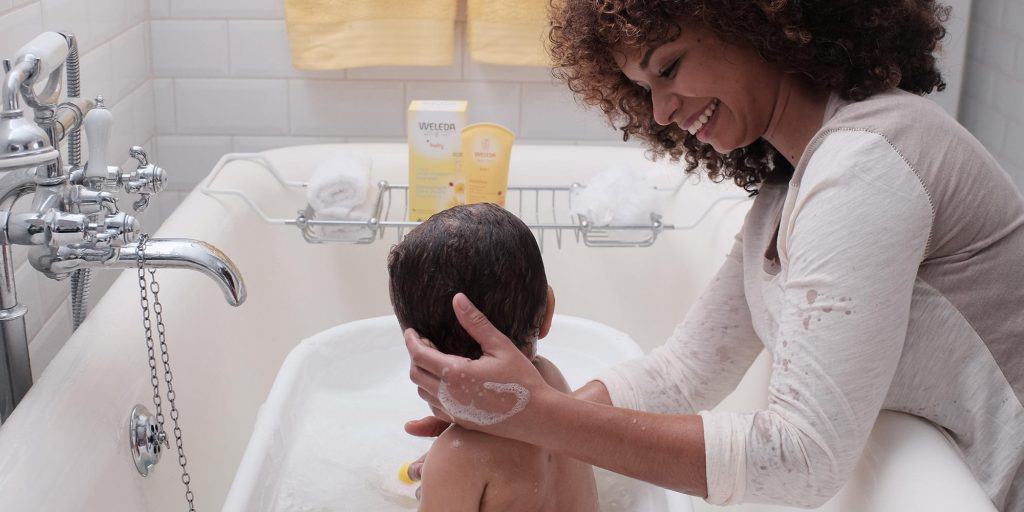
At the Touch Research Institute at the University of Miami, Developmental Psychologist and Director Tiffany Field explains that bath time is critical as a time of touching. She states that when a parent rubs their baby’s skin, whether they are in the bath or not, there is a measurable change in physiology due to vagus nerve stimulation. Not only for the baby but the parent also. The blood pressure and heart rate slow and brain waves move toward a relaxed state. Field states that bath time is extremely important because it is the time that babies get touched more than at any other time.
More Touch Equals Less Aggression
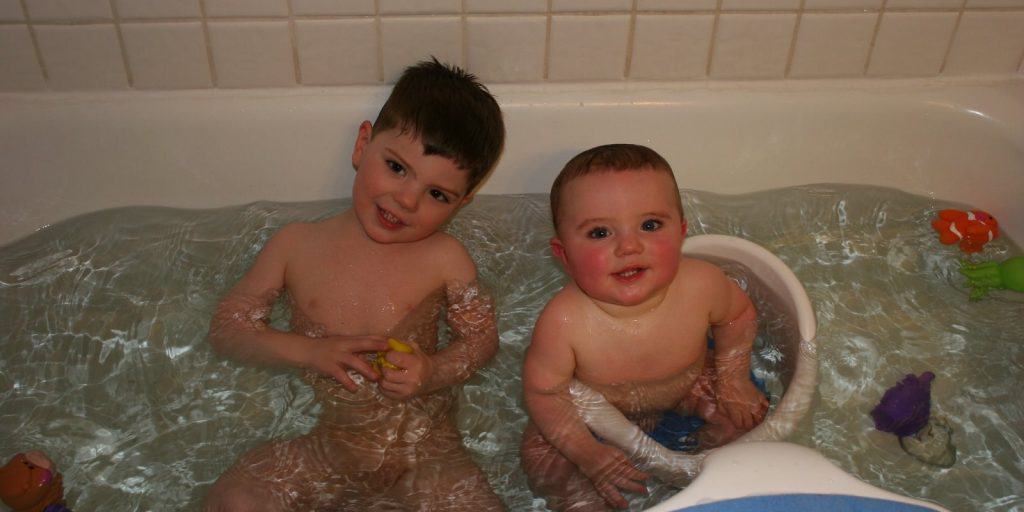
In another study by the Institute, baby health questions compared children who were raised in Paris to those who were raised in Miami, Florida. The study learned that parents in Paris were more affectionate toward their children than those in Miami. The results were that Paris raised children were much less aggressive when they reached school age compared to their American counterparts.
There have been numerous studies on children raised in orphanages and the ultimate result of growing up with little to no affection or touch. Some infants completely failed to thrive and some even died from the lack of touch.
Bathing is a Learning Experience for Baby
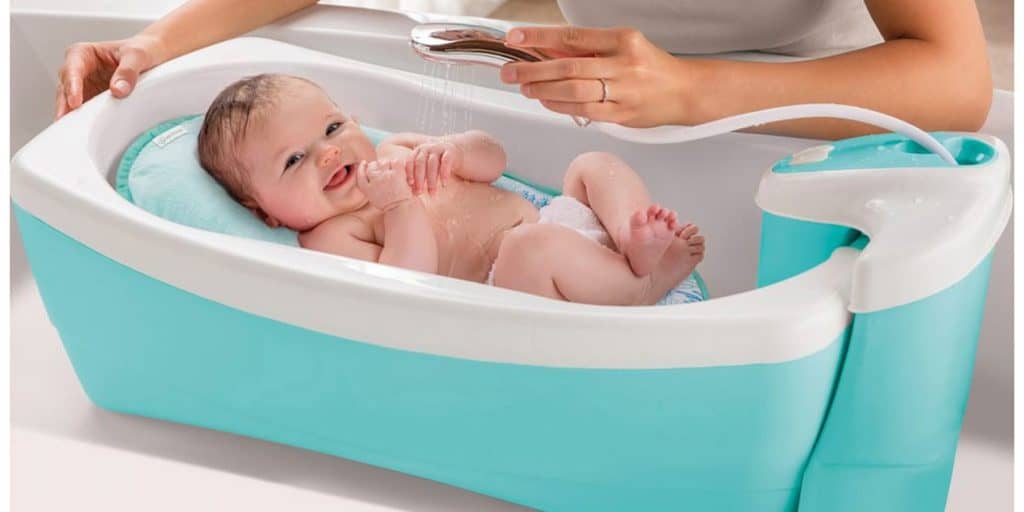
Sometimes it seems silly that scientists have to conduct expensive studies to put down on paper something that other people have known all along or have taken for granted. Case in point is that they are now recognizing that babies learn from every day things that are going on around them. Well…duh! Pretty much any parent has learned this by simply interacting with their baby and engaging in baby care games bathing and bonding moments.
Andrew Meltzoff, the co-director, and developmental psychologist at the Institute for Learning & Brain Sciences at the University of Washington says that baby health questions are trying to learn how babies learn as quickly as they do. Meltzoff says that a baby’s brain looks for regularity and patterns. Their minds are studying why some things sink and others float. They are doing little science experiments in their heads, trying to figure out bubbles and how the world around them works. Dr. Field states that the more of the baby’s senses that are engaged the more they are learning.

